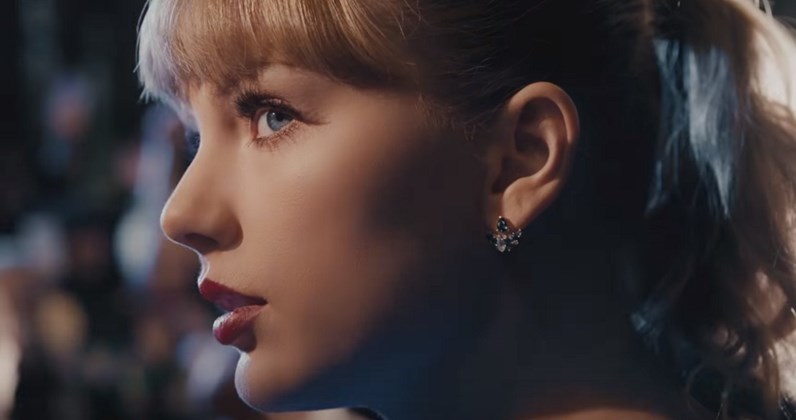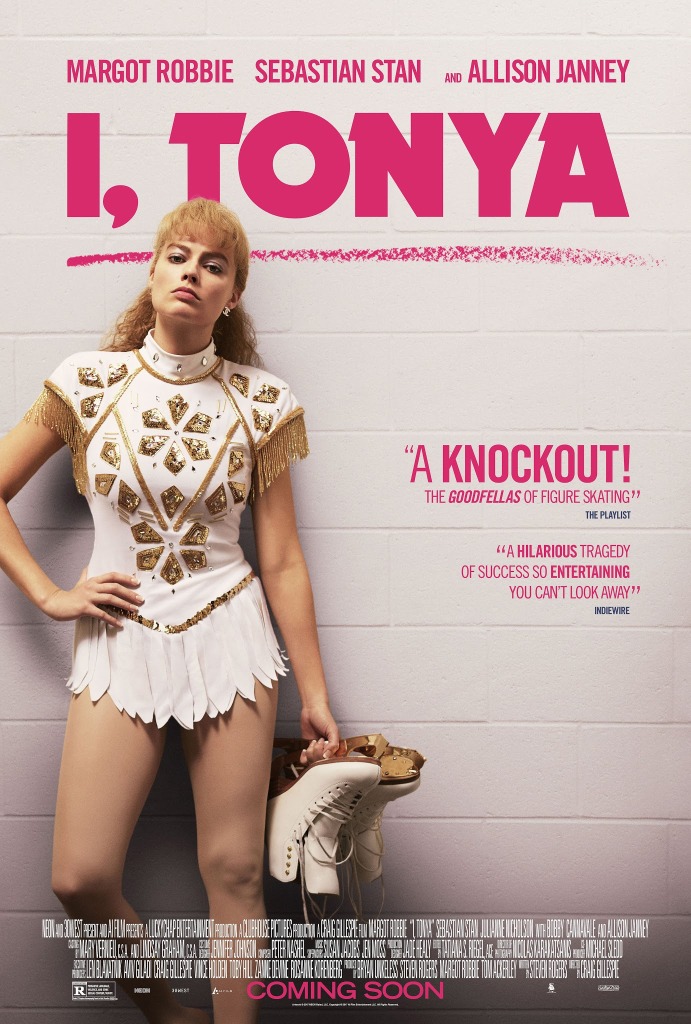
Art that has found its way to the public during a pandemic inevitably takes on a whole new meaning. Hikaru Utada’s latest two singles, per usual, had been created as commercial assignments, but by the time they were released, their shared message of living life in the moment refreshingly resonated with those of us who found ourselves stuck at home and increasingly losing a sense of time. Both songs, co-produced by Nariaki Obukuro, evoke the sounds of Utada’s past work, but they could not be more different in their storytelling approaches.
“Time,” on the surface a standard lovelorn-anthem-made-for-TV-drama Utada fare, is a little puzzle box full of hidden messages. While singing soulfully about turning back time over the sound of a ticking clock on a song called “Time” is not exactly a novelty, there is something about the strategically-placed distorted vocals and the kick drum going offbeat every so often that hints at a subterranean shift. And then there it is — after traveling through a wormhole in the bridge, the song is turned inside out in a spectacularly meta fashion. Not only are we sonically transported back to the playful, breezy sensibility of her early cuts like “Automatic” and “Time Will Tell,” but Utada also breaks the fourth wall and literally implores us to hit the replay button (“Let me give you a spell that can turn back time”) as the music swirls back to the way it was at the beginning of the song again. Time might be elastic here, something to be warped and twisted at our own will, but before we can go back to the start, she reminds us that the only way to live a fulfilled life through the passage of time is to embrace all of our regrets. Time remains linear in reality.
“Darenimo Iwanai” is Sofia Coppola to “Time”’s Christopher Nolan — all of the mood and very little of the structure, which means the fact that it does not crumble under its own weight at any given moment is magical. It plays like a stream of consciousness, going from a recitation of a poem to a casual intellectual discussion to a sex talk in a matter of minutes. Tapping convincingly into the notion that emotional pleasure and carnal desire are intrinsically interlinked is an ambitious task in the confinement of pop music, but Utada achieves it by simply riding the natural ebb and flow of the song. The result is a meditation on human needs that at times sounds coy and grounded and other times incredibly lush, enveloped in a sheen of mystique thanks to jazz-tinged arrangement that is anchored by a plethora of exotic percussion. The final line, “I have to feel things, even feelings I don’t want to feel or else, I’ll lose the ability to feel at all,” is a nugget of wisdom for the ages, but particularly perfect for challenging times like this, when we cannot even identify what we are feeling. This is the kind of music that is made by a seasoned artist who knows what they are doing and clearly has a lot of fun doing it.
It feels wonderful when an artist whose work we have been following for a very long time still continues to surprise us with their growth and unwavering passion to create. We could all use this precious feeling when times get tough, especially now.













